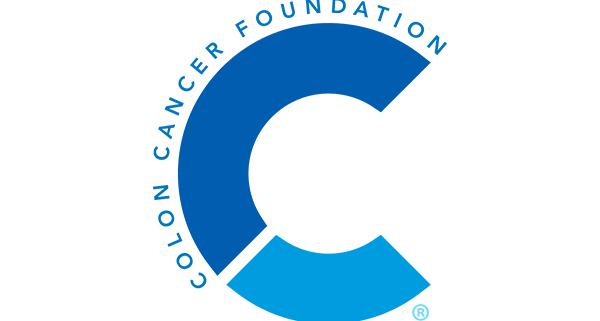Thinking that you might have colorectal cancer is a terrifying thought. What if we told you that the death rate has dropped for several decades in both men in women? Due to updated screening methods, earlier detection, and improved treatment, there are more than one million colorectal cancer survivors in the United States. Learn more about how to screen for colorectal cancer and what the process means for you and your family.
What do I need to know about how to screen for colorectal cancer?
Finding colorectal cancer when it is small – and hasn’t spread – is often key to higher success in defeating the third deadliest cancer. TheAmerican Cancer Society currently recommends that people at average risk start regular screenings at 45-years-old. This number recently decreased due to the increased rate of younger adults developing colorectal cancer. If you are in good health, you should continue the regular screenings until you are 75-years-old. From 76-years-old to 85-years-old, the decision to screen for colorectal cancer depends on your overall health and preference. For those above the age of 85-years-old, there are no current recommendations for colorectal screening.
What happens during a colorectal cancer screening?
There are two categories of colorectal cancer screenings, according to the American Cancer Society. Stool-based tests allow an opportunity for the discovery of polyps. Many stool-based tests for hidden blood in stool samples. There are no precautions that need to be made before the test, such as dietary restrictions. The other test, a colonoscopy, is often needed to further diagnose after the stool-based tests.
What happens if I get an abnormal screening for colorectal cancer?
If your results from the stool-based test come back abnormal, you will need a colonoscopy to diagnose whether you have colorectal cancer. During a colonoscopy, the physician will look at the length of your colon and may biopsy and/or remove any polyps. Colonoscopies need to be performed less, but they take more preparation than stool-based tests.
Learn more about what you can do to protect your butt against colorectal cancer. If you have any questions or concerns about colorectal cancer screenings, reach out to your primary doctor.

